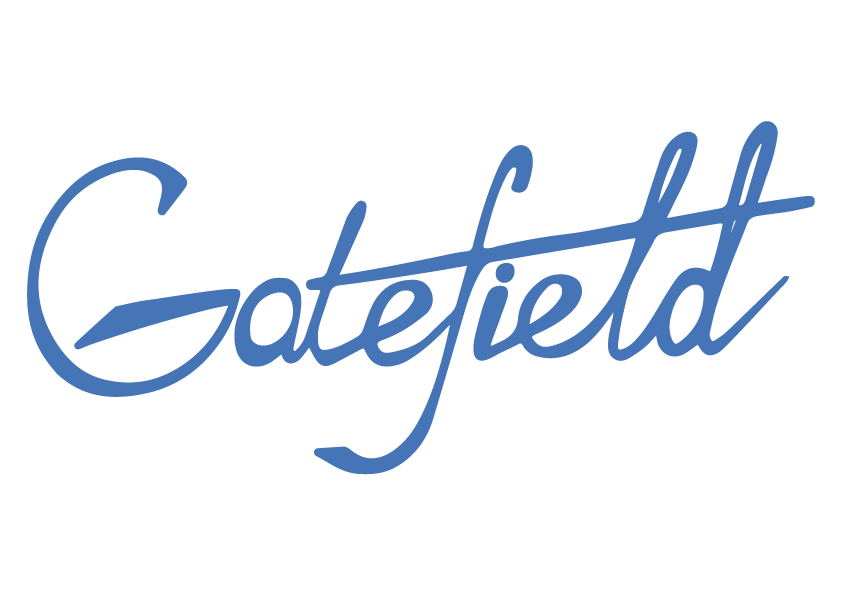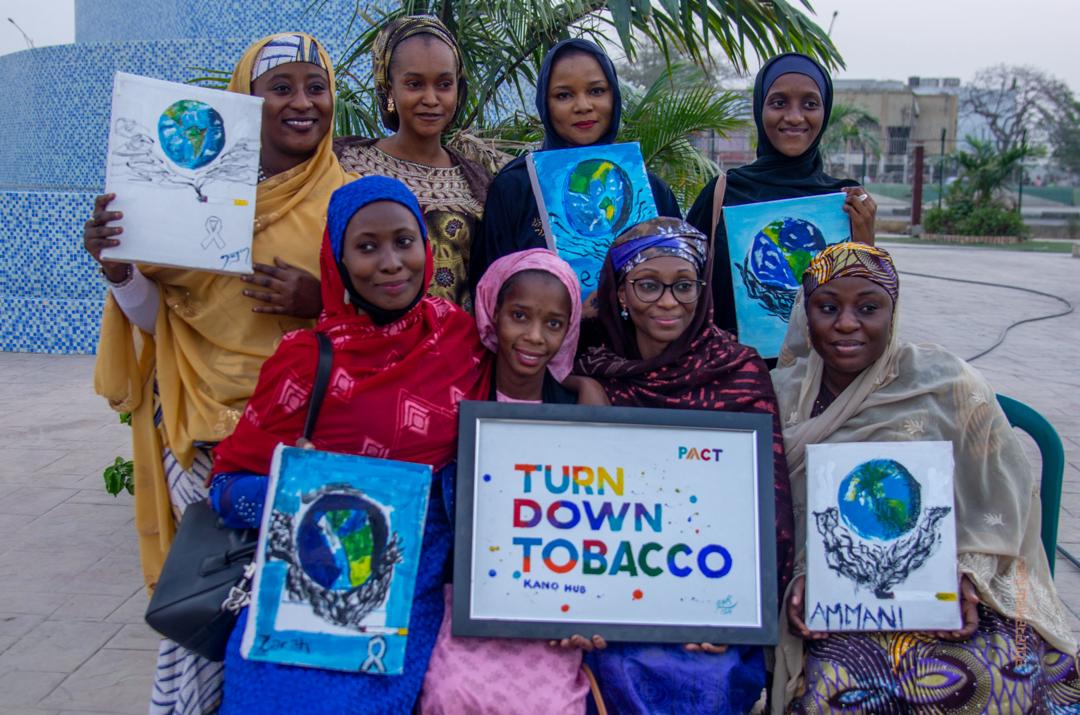Last week Thursday, we brought guests to our office to exclusively view “Not Exactly” – our four-part series of micro films focused on the theme of mental health.
One of the highlights of the event, away from the screening, was a panel conversation titled: De-stigmatising Mental Health. The panel was moderated by Aisha Sambo, a mental heath activist joined by Dr. Thank God Ocheho, a psychologist from NEEM Foundation and an ambassador for the global “Speak Your Mind” campaign and reality TV celebrity, Anto Lecky.
Lots to unpack from the event, from the panelists to the interactions and the feedback from our guests. Here are three key takeaways from the event.
We need more actors to take on the issue of mental health
There was a consensus in the room that the scale of the mental health issue is so huge, that it requires more hands on deck. Per the World Health Organisation, almost 50 million Nigerians live with a mental illness, which is largely not obvious to them or the people around them. This data reinforces the need for awareness messages like those contained in our films to be taken to the grassroots and tailored for the local audience. Suggestions from the discussants include translating messages to local dialects and also to include cultural and religious leaders in the campaign. Anto Lecky noted that Nigeria being a highly religious country, means that religious leaders could largely influence large segments of the population who resort to spiritual answers for most challenges. The role of individuals was also covered in the discussion, ranging from the importance of kind word to providing support and paying attention to our friends, family or other members of our communities that are challenged.
Mental Health awareness is good but not enough
While there is the need for more awareness on the issue of mental health, our discussants pointed out that there is still a huge gap to be filled in terms of solving the challenge. One of the key challenge areas identified is the lack of institutional support and of qualified professionals to support affected persons. According to a 2016 report, Nigeria’s estimated 180 million people have access to less than 200 psychologists. This would require more advocacy targeting the government to prioritise mental health.
What our audience thought about the films
More than half of the audience present at the event completed our survey which sought their feedback on the films and we were heartened by their responses. Here is a quick scorecard of the results:
- Everybody (100%) said they were more likely to support someone with mental health issues after seeing the films.
- 82% said they were more likely to share their mental health problems after watching
- Majority (73.9%) of our audience learnt something new from the films.
- More than half (52.1%) of the audience thought the films were either excellent or very good, while 39.1% thought they were satisfactory.
- Most of the audience got the exact message we were trying to convey (paying attention to others and awareness of common mental health issues).
- But they were disappointed that the film didn’t last longer and wanted us to provide the solutions to each issue we communicated through the films! Will there be a sequel? Who knows?
This blog post was contributed by Ebiuwa Uwagboe, Campaign and Media Specialist at Gatefield



